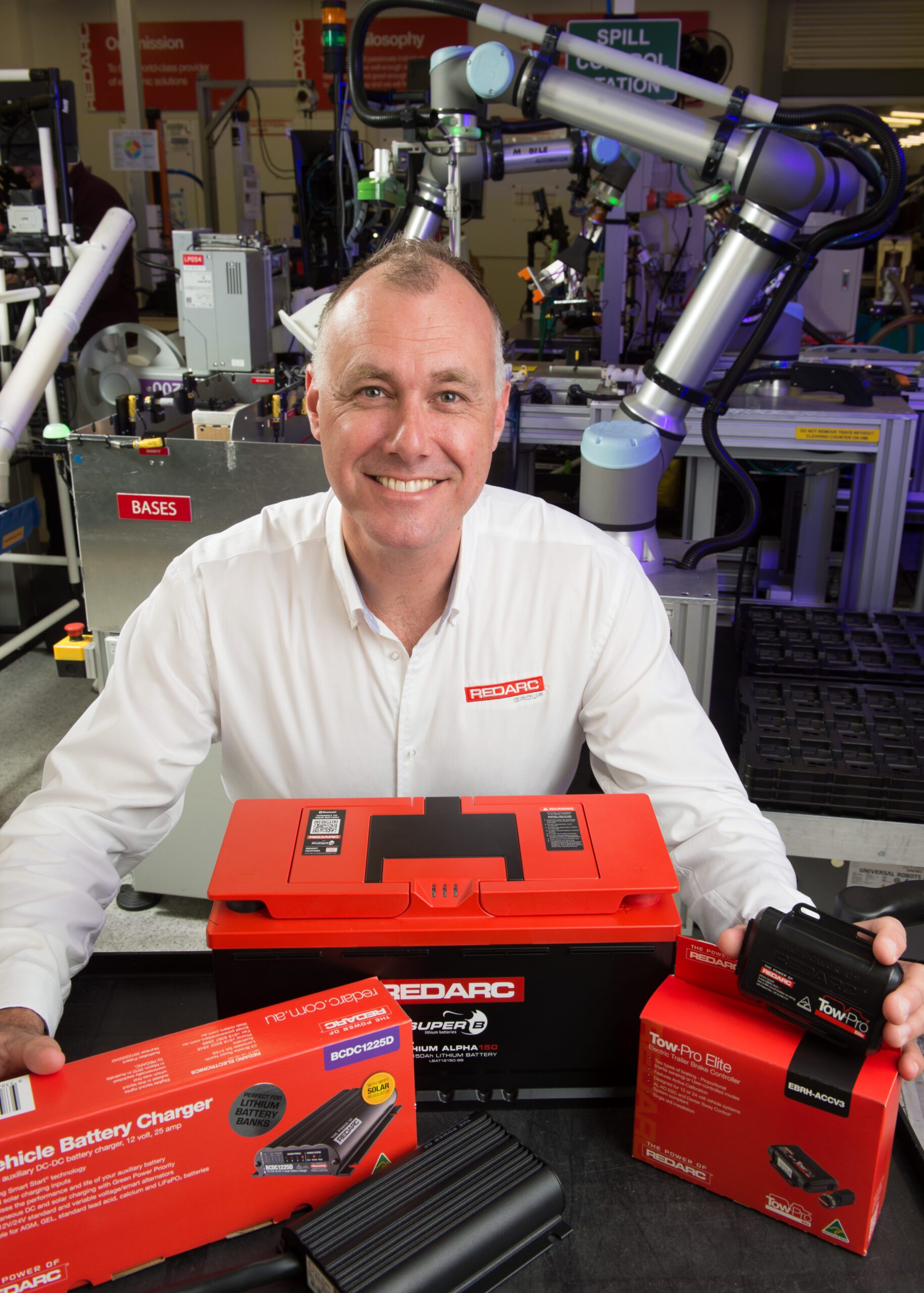Institution: Harvard Business School, USA
Course: Leadership for Senior Executives
The ILF’s commitment to ‘learning for the common good’ and its focus on benefiting South Australia inspired me to explore how its support could help me achieve my personal and professional goals. This led to my participation in the ‘Leadership for Senior Executives’ program at Harvard Business School in March 2024. This experience has been pivotal in my development as a leader, equipping me with the tools and insights to contribute more effectively to South Australia’s and my own long-term success.
The six-day program brought together 110 participants from 34 countries, including senior leaders from globally recognised companies such as Mercedes Benz, Porsche, HSBC, L’Oreal, Boston Beer Company, and Airbus. Despite the cold weather, the warmth and energy of the participants made the experience incredibly rewarding. The program combined theoretical frameworks, real-world case studies, and peer-to-peer learning, providing a unique opportunity to connect with global leaders, exchange insights, and build lasting relationships. Even a year later, these connections continue to offer valuable perspectives.
The course focused on five key leadership themes, each shaping how I approach leadership today. The first, Leader as a Beacon, emphasised the importance of having a clear, compelling vision that inspires and aligns a team. The second, Leader as an Architect, highlighted the need to design strategies and structures that bring a vision to life. The third, Leader as a Coach, stressed the importance of guiding and developing team members to reach their potential. The fourth and fifth, Leader as a Catalyst for Innovation and Change Agent, underscored the need to foster a culture of innovation and adapt to an ever-changing business landscape.
A key takeaway from one case study was the emphasis on being “FIRST, UNIQUE, and DIFFERENT.” Innovation involves calculated risks, learning from failure, and creating an environment where team members feel empowered to share new ideas. This has inspired me to encourage independent thinking and risk-taking while ensuring alignment with broader goals and accountability for outcomes.
Another valuable lesson was the idea that a leader’s role is not to micromanage, but to create space for the team to do the work they’re meant to do and protect them from distractions. As an anonymous quote goes, “Be the leader that gives the team space to do the work they are there to do and protects them from the irrelevant.” This resonated with me, reinforcing the importance of trusting my team, giving them ownership of their work, and intervening only to provide guidance or remove obstacles.
I undertook this course to improve my leadership capabilities, particularly in managing a global team with diverse cultural backgrounds. Balancing autonomy with accountability across regions and cultures is a challenge. This course provided me with tools to enhance cross-cultural communication, refine leadership strategies, and deepen my understanding of global business practices.
Learning alongside such a diverse group of leaders was an incredible opportunity. While I brought over 25 years of global business experience, I was surrounded by over 2,500 years of combined experience. The collaborative learning environment, where we exchanged experiences and insights, was invaluable. I now have a global network of leaders who offer guidance and support that provides me with ongoing opportunities for both my personal and professional growth.
I am deeply grateful to the ILF for making this opportunity possible. A special thank you to Richard Barrett and the ILF Board for their trust and support. This program has equipped me with the knowledge, tools, and networks necessary to continue growing as a leader and contributing to the future success of South Australia.

